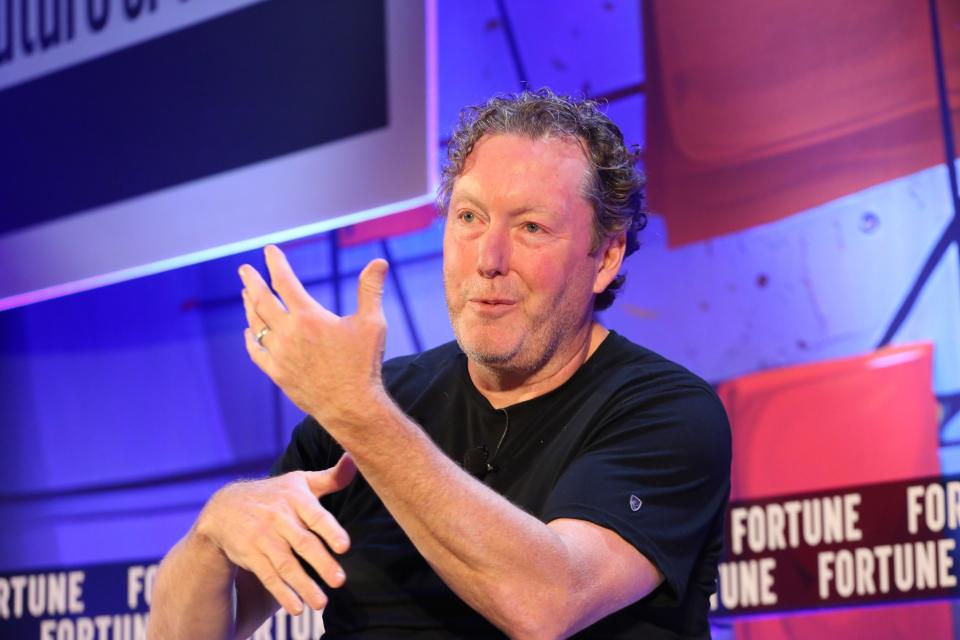SoFi cofounder explains ‘maturing process’ after his exit, and why he prioritized culture at his latest startup

SoFi cofounder Mike Cagney found himself in quite the mess in 2017 after a New York Times article described the work culture at his rapidly growing fintech firm as akin to a “frat house.” Cagney was accused of having inappropriate conversations with young female coworkers; was hit with a sexual harassment lawsuit; and had employees claim they were vilified for pushing back against a questionable corporate culture.
SoFi responded to the allegations at the time by saying they had been investigated internally and "found to have no merit." But Cagney still stepped down from his CEO role later that year, arguing that the media coverage had become a “distraction” for the firm.
At the Fortune Future of Finance conference on Thursday, Cagney discussed some of the cultural issues at SoFi, but argued that the “frat house” environment portrayed in the media wasn’t accurate. “Obviously, some of it was biased. Some of it was true, some of it wasn’t true…but that is what it is,” he said.
However, Cagney admitted that he should have focused more on company culture at SoFi during its rapid growth era, and he’s spent a lot of time reflecting on past errors. “When we built SoFi, it was a performance-oriented culture. We didn't put a lot of thought into cultural values and cultural norms, and that introduced a bunch of conflicting issues that we had to deal with.”
The veteran entrepreneur went on to say he’s revamped his approach toward company culture at his new financial service company, Figure, which he founded alongside former SoFi VP June Ou.
“With Figure,” he explained, “I said to my cofounders, let's spend some time and come up with something that we believe is true and is genuine to our behavior, and our core principles. And we put a culture-first organization out there, that I think has been transformative in terms of how it works and how it treats people. And I'm extremely proud of what we've been able to build.”
Cagney emphasized that there has been a long “maturing process” during his years as a CEO and founder. He even discussed his experience at one of his first companies during the dot-com bubble in 2000, with one of the biggest takeaways from that experience being the importance of understanding how employees actually feel, instead of assuming they’re all in good spirits.
“I was so excited that we had 100% retention,” Cagney recalled. “Nobody was leaving the company, and I'm talking to the cofounders, and I’m like: ‘I think everyone's really happy here.’”
But his cofounders had a different take. “You're a horrible CEO,” they responded. “People are miserable. They just can't get a job.”
For Cagney, the conversation was a wake-up call that left him “crying in corners,” but he says it also sparked a serious change. “I wasn't a very good CEO,” he admitted.
After the SoFi drama, Cagney again said he had to reevaluate his behavior and ideas about company culture before starting Figure and sister company Figure Markets.
“At SoFi, there were…deficiencies in our culture,” he added. “And so I think with Figure, it's a maturing process. And, I expect I'll leave Figure Markets even better than we were able to leave Figure, so I think we just constantly learn.”
This story was originally featured on Fortune.com

 Yahoo Finance
Yahoo Finance 